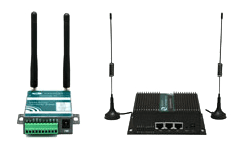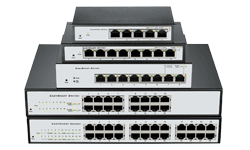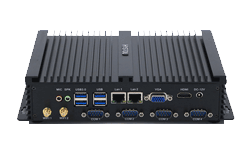What is the fastest 5G modem?
At the core of 5G connectivity lies the modem, a crucial component responsible for facilitating high-speed data transmission between devices and network infrastructure. As the conduit for delivering next-generation wireless capabilities, the performance of 5G modems directly impacts the user experience across a myriad of applications, ranging from streaming multimedia content to real-time communication and data-intensive tasks.
Throughput: The throughput of a 5G modem refers to the rate at which data can be transferred between the device and the network. Higher throughput translates to faster download and upload speeds, enabling seamless multimedia streaming and rapid file transfers.
Latency: Low latency is essential for real-time applications such as online gaming, video conferencing, and augmented reality (AR) experiences. A low-latency 5G modem ensures minimal delay in data transmission, resulting in responsive and immersive user interactions.
Carrier Aggregation: Carrier aggregation allows 5G modems to simultaneously utilize multiple frequency bands to increase bandwidth and enhance network performance. Modems that support advanced carrier aggregation schemes can achieve higher data rates and improved reliability in diverse operating environments.
Efficiency: Efficiency considerations encompass power consumption, spectral efficiency, and overall system optimization. An efficient 5G modem strikes a balance between performance and energy consumption, maximizing battery life and minimizing environmental impact.
In conclusion, the quest for the fastest 5G modem is a multifaceted endeavor that demands careful consideration of technical specifications, performance metrics, and real-world use cases.

 Networking
Networking EMBEDDED SYSTEMS
EMBEDDED SYSTEMS Switches
Switches Wireless Solutions
Wireless Solutions Industrial Computer
Industrial Computer Cloud Services
Cloud Services




